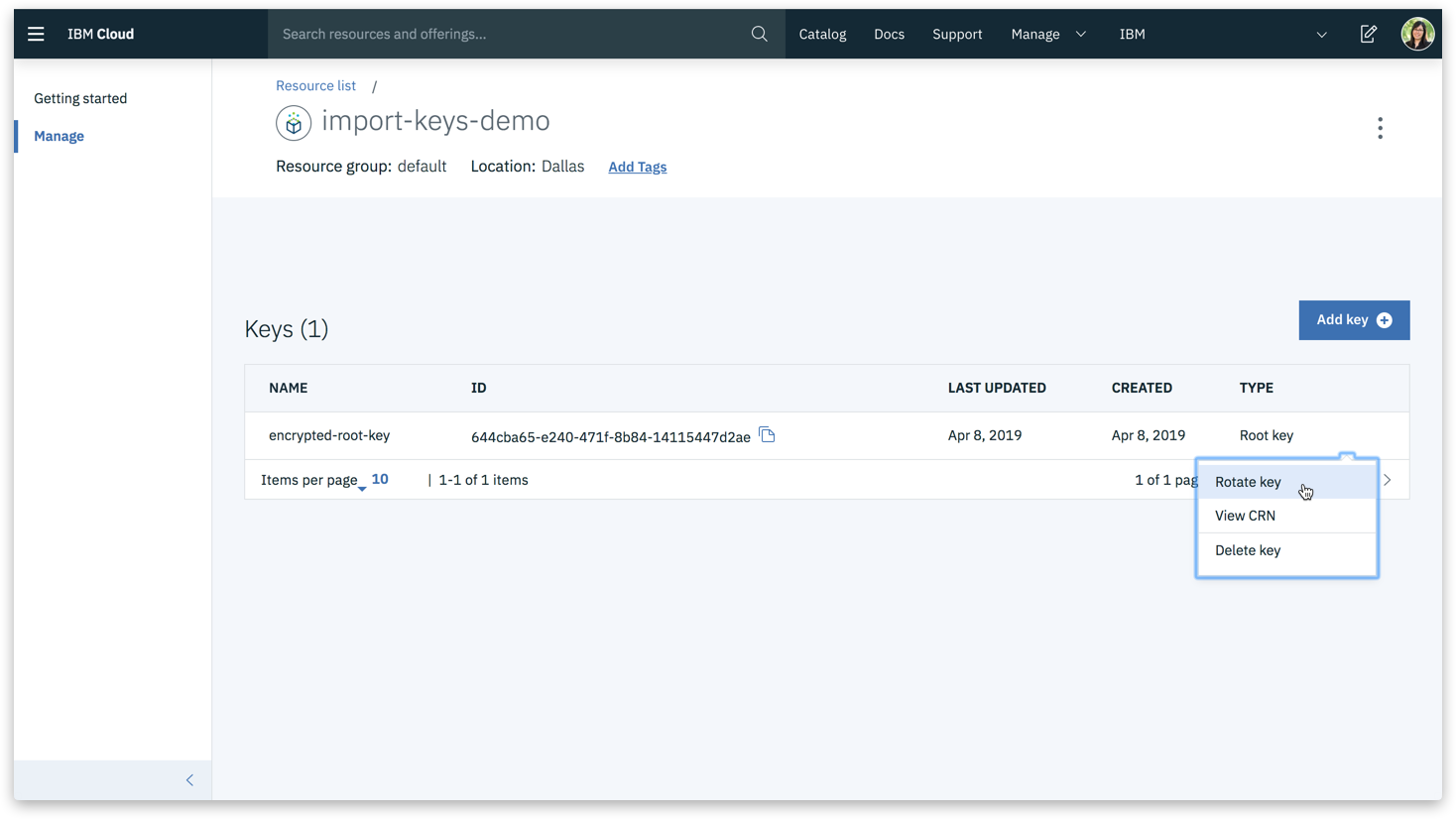The Internal Crypto Library Key Generation Api Failed
16.12.2020 admin
- Free Key Generation Software
- The Internal Crypto Library Key Generation Api Failed Windows 10
- The Internal Crypto Library Key Generation Api Failed Version
- The Internal Crypto Library Key Generation Api Failed To Work
- The Internal Crypto Library Key Generation Api Failed Update
Therefore, the kernel crypto API calls work like regular function calls. For synchronous operation, the set of API calls is small and conceptually similar to any other crypto library. Asynchronous operation is provided by the kernel crypto API which implies that the invocation of a cipher operation will complete almost instantly. Feb 11, 2016 Windows 10 Install CRYPTOLIBRARYINTERNALERROR? Anyone have any ideas how this works? Log in or Sign up. Windows 10 Forums. Home Windows Operating Systems Windows. Mar 31, 2020 Windows 10 Install CRYPTOLIBRARYINTERNALERROR? Anyone have any ideas how this works? Log in or Sign up. Windows 10 Forums. Home Windows Operating Systems Windows 10 Forums We and our AD Partners use cookies to understand how you use our site, improve your experience and serve you personalized content and advertising. Learn how we. Jan 04, 2018 WSUS Post-Deployment Configuration: Failed due to Generation of encryption key. 2017-09-26 08:45:12 Generation of encryption key to save to the database failed. Error=System.InvalidOperationException: Cannot save configuration because the server is still processing a previous configuration change. System.Data.SqlClient.SqlException. The Moonbounce API is a set of high level objects that encapsulate pieces of the Bouncycastle lightweight crypto API. Moonbounce significantly simplifies RSA key generation, signing, encryption/decryption and verification of both byte arrays and files. How many bits in the modulus 512: 512% Rsa keys cannot be generated, as system clock is invalid cryptolibkeypairget failed to get RouterD.inter-vlan.com RouterD(config)#crypto key generate rsa general-keys? Exportable Allow the key to be exported label Provide a label modulus Provide number of modulus bits on the command line storage.
/delphi-2015-license-key-generator.html. This library implements ICrypto interface in Virgil SDK .NET using Bouncy Castle library and Chaos.NaCL Ed25519/Curve25519 implementation
Nuget location: http://www.nuget.org/packages/virgil.sdk.managedcrypto
Use this crypto with Virgil SDK that will provide your to create an secure application using Virgil Security services.
The ManagedCrypto class provides cryptographic operations in applications, such as hashing, signature generation and verification, and encryption and decryption.
Generate Keys
The following code sample illustrates key pair generation.
Import and Export Keys
All crypto api methods accept and return keys in an internal format.To get the raw key data as byte[] object use ExportPrivateKey and ExportPublicKey methods of cryptopassing the appropriate internal key representation. To get the internal key representation out of the raw key datause ImportPrivateKey and ImportPublicKey respectively:
If you want to encrypt the private key before exporting it you must provide a password to encrypt the key withas a second parameter to ExportPrivateKey function. Similarly, if you want to import a private key that has beenencrypted - provide a password as a second parameter to ImportPrivateKey method:
Encryption and Decryption
Data encryption using ECIES scheme with AES-GCM.
Generate keypair
Free Key Generation Software
Encrypt Data
The Internal Crypto Library Key Generation Api Failed Windows 10
The crypto.Encrypt method requires two parameters:
- data - The data to be encrypted as a
byte[] - recipients - Public key or an array of Public keys to encrypt the data with
The Internal Crypto Library Key Generation Api Failed Version
Decrypt Data
The crypto.Decrypt method requires two parameters:
- cipherData - Encrypted data as a
byte[] - privateKey - The Private key to decrypt with
Signatures
The Internal Crypto Library Key Generation Api Failed To Work
This section walks you through the steps necessary to use the crypto to generate a digital signature for data and to verify that a signature is authentic.
Generate a new Public/Private keypair and data to be signed.
Generate Signature
Sign the SHA-384 fingerprint of data using your private key. To generate the signature, simply call one of the sign methods:
Verify Signature
Verify the signature of the SHA-384 fingerprint of data using Public key. The signature can now be verified by calling the verify method:
Authenticated Encryption
The Internal Crypto Library Key Generation Api Failed Update
Authenticated Encryption provides both data confidentiality and data integrity assurances to the information being protected.
Sign then encrypt
Generates the signature, encrypts the data and attaches the signature to the cipher data. Returns a signed cipher data.To encrypt for multiple recipients, pass an array of public keys as third parameter
Decrypt then verify

Decrypts the data and verifies attached signature. Returns decrypted data if verification succeeded or throws CryptoException if it failed.
Fingerprint Generation
The default algorithm for Fingerprint generation is SHA-256. Crypto key generate rsa modulus 2048 exportable storage.
- Ed25519 public/private keys import/export
- ECIES encryption/decryption using Curve25519/AES-GCM/SHA384
- EDDSA signatures